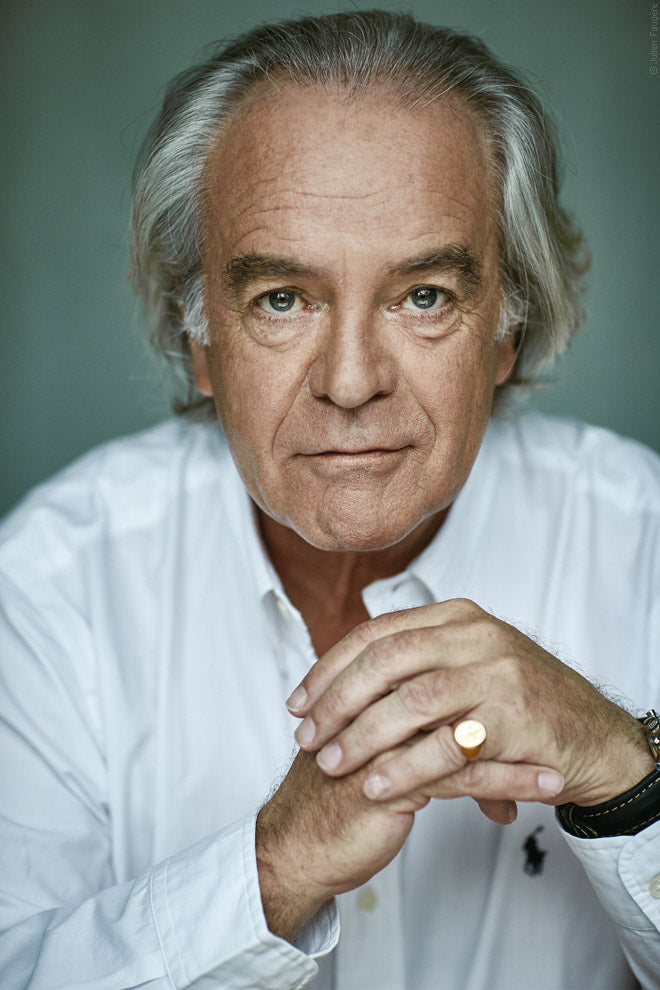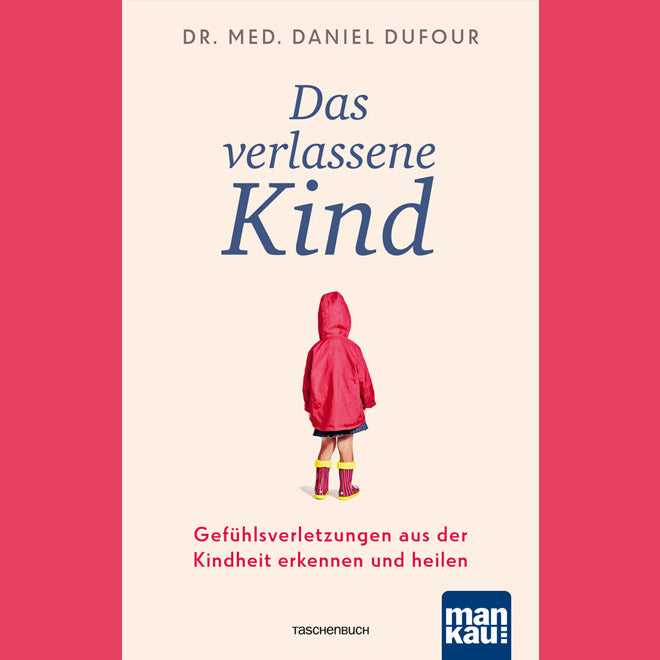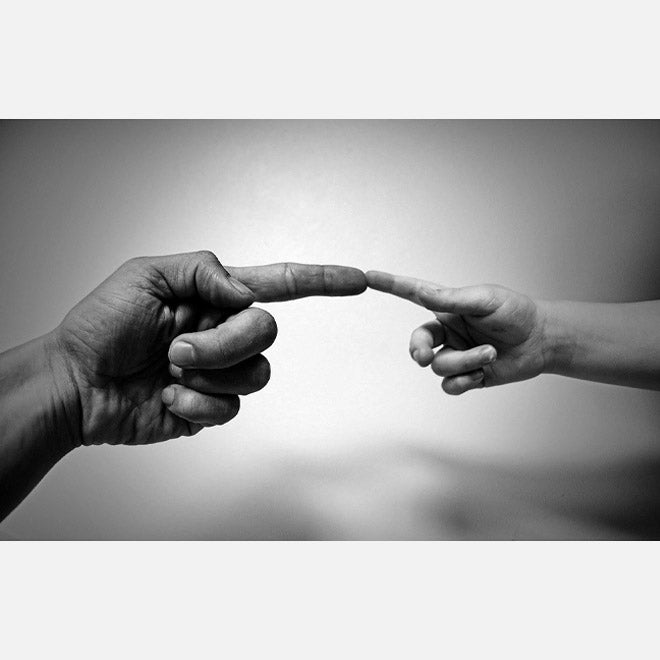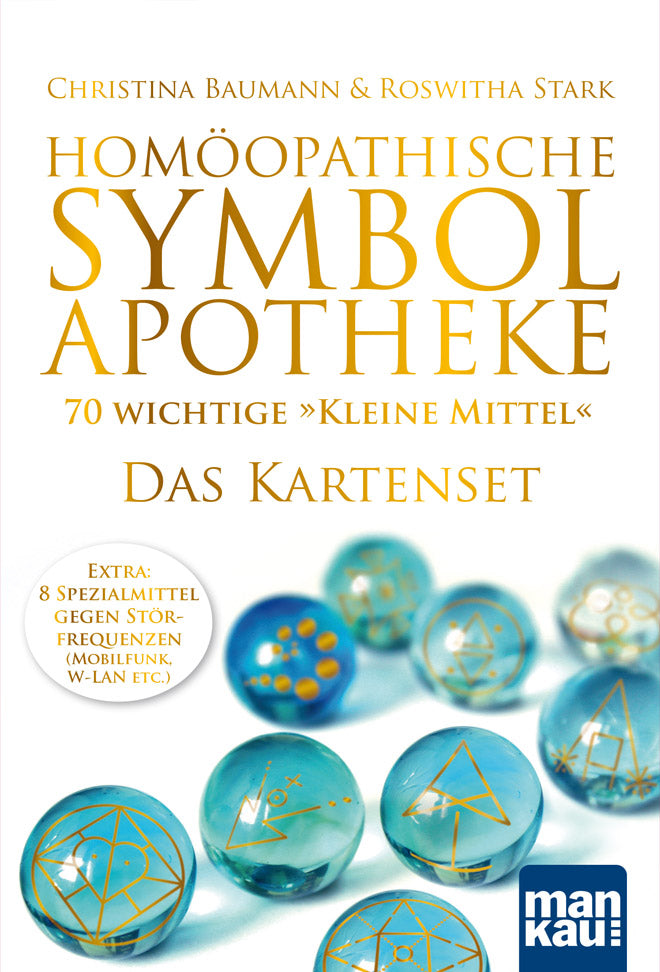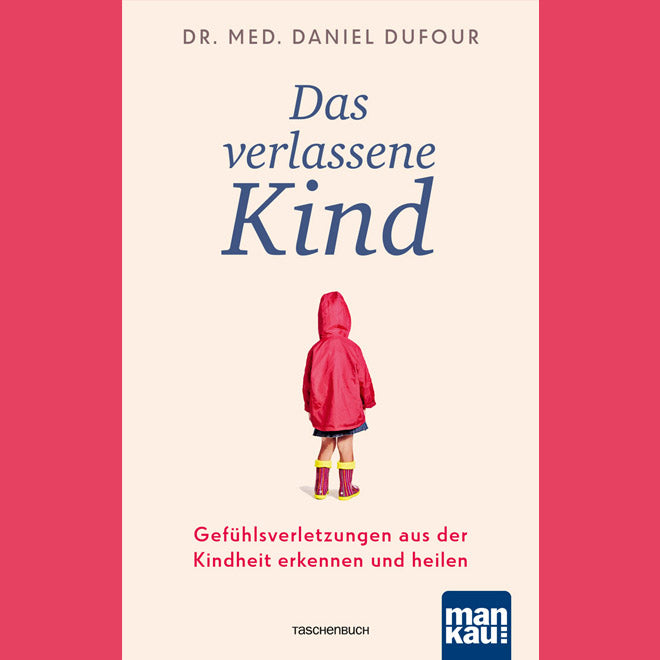
Dr. Daniel Dufour’s bestseller “The Abandoned Child” is published for the first time as a paperback
Dr. Daniel Dufour’s bestseller “The Abandoned Child” is published for the first time as a paperback
In his successful guide, the Swiss doctor and author sees the experience of early abandonment as one of the most common causes of psychological problems and failed relationships. Using sensitively described case studies, he develops a treatment method that offers interested laypeople and even therapists completely new ways of thinking.
Abandonment – concrete and figurative
During his long professional career – first as a surgeon in developing countries and as an emissary and coordinator for the International Red Cross in war zones, later as a doctor, founder and director of the Vitamed clinic in Geneva – Dr. Daniel Dufour discovered that the loss of partners, children or parents as well as displacement and persecution lead to reactions that are inadequately recognized and treated by medicine.
However, a child cannot only feel "abandoned" as a result of a specific experience; it is often enough for the child to feel unloved, unaccepted and ununderstood. This experience of abandonment can manifest itself later in adulthood in a range of physical and mental complaints, which can range from mild anxiety to attachment problems and fears, from depression to aggression.
Since, according to Dufour, "only the person affected is capable of taking the necessary steps towards recovery," the key to healing lies in adopting a certain way of being and acting in order to overcome recurring fears and the failure of social relationships. The OGE method he developed is designed to direct attention to the physical and sensory part of the body in order to recognize one's emotions and rediscover one's inner being.
The phenomenon of abandonment
Many of those affected are usually not even aware of the cause of their fears, aggression and relationship problems. This always consists of a real or perceived experience of abandonment that took place during the fetal phase or in - often early - childhood. A person who feels abandoned will also feel excluded or even unworthy. From this devaluation, he deduces that he is not worthy of being loved, even if this view is an intellectual interpretation of his "ego".
Classical psychiatry uses the term “abandonment neurosis” to describe a clinical syndrome in which fear of abandonment and an exaggerated need for security predominate. The resulting “abnormal” or deviant or conspicuous behavior is to be corrected using analytical and behavioral therapy measures and controlled with psychotropic drugs.
In contrast, Dufour focuses on the person suffering from abandonment and his emotions. It is not the emotion that triggers the suffering, but its suppression, which is forced by "thinking". What can be suppressed is the recognition of this emotion, what one feels as a result of this emotion, or how one expresses this emotion.
The OGE method
As long as the analysis is purely intellectual, it is impossible to understand what influence this event has on people suffering from abandonment. "The abandoned person must therefore succeed in silencing his thoughts if he wants to feel better and recover," says Dr. Dufour. The alternative approach sees the symptoms as signals that something is being suppressed and the body is sounding the alarm.
When we allow ourselves to experience these emotions, our body immediately gives us crucial information: a clearly perceptible physical relaxation spreads through us, a sign that we are well on the way to respecting ourselves. Instead of putting the patient in a situation of inferiority and making them dependent on the person of the therapist, the OGE concept relies on free accompaniment so that the person concerned can regain their independence by freeing themselves from the power of the ego. Discovering oneself also leads to loving oneself in order to be able to love others better and live in harmony with one's true nature.
Book tip:
Dr. med. Daniel Dufour: The abandoned child - recognizing and healing emotional injuries from childhood. Mankau Verlag, 1st edition May 2020, paperback, 12 x 19 cm, 190 pages, 12.90 euros (D) / 13.30 euros (A), ISBN 978-3-86374-533-0.
Link recommendations:
More information about the book “The Abandoned Child - Recognizing and Healing Emotional Wounds from Childhood”
To the reading sample in PDF format
More about the author Dr. med. Daniel Dufour
To the Internet forum with Dr. med. Daniel Dufour
